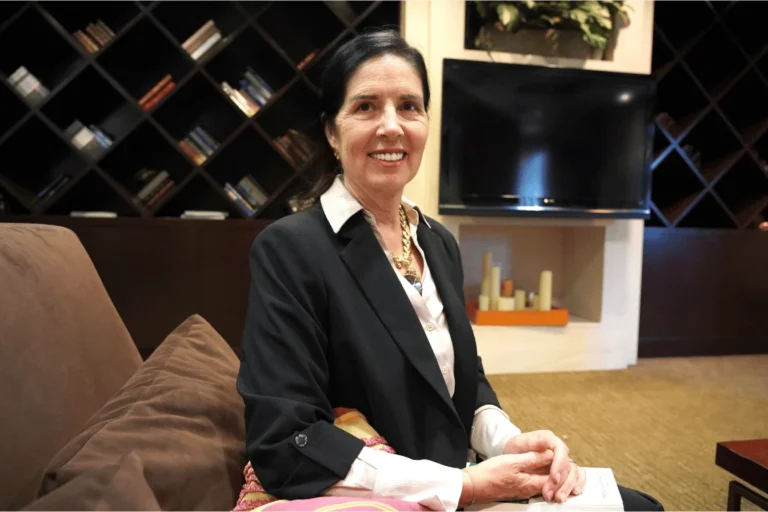As we journey through life, reaching the age of 30 can feel like a significant milestone. It’s a time when we often reflect on our past choices and contemplate the future. While aging is inevitable, healthy aging is a choice. In this article, we’ll explore the keys to maintaining a vibrant and fulfilling life after the age of 30.
Embrace a Nutrient-Rich Diet
The foundation of healthy aging is a balanced diet. After 30, our metabolism tends to slow down, making it crucial to make conscious choices about what we eat. Focus on a diet rich in fruits, vegetables, whole grains, lean proteins, and healthy fats. These foods provide essential nutrients, support organ function, and help maintain a healthy weight.
Stay Active and Exercise Regularly
Regular physical activity is one of the best ways to keep your body and mind in top shape as you age. Engage in a mix of cardiovascular exercises, strength training, and flexibility exercises. It’s not about becoming a professional athlete; it’s about maintaining a healthy body and reducing the risk of chronic diseases.
Prioritize Mental Well-Being
Mental health is as important as physical health. After 30, managing stress, anxiety, and mental well-being becomes crucial. Practice mindfulness, meditation, or yoga to reduce stress levels. Seek professional help when needed, and don’t hesitate to open up about your emotions.
Get Quality Sleep
Quality sleep is essential for healthy aging. Aim for 7-9 hours of uninterrupted sleep per night. Create a sleep-conducive environment, maintain a regular sleep schedule, and limit caffeine and screen time before bedtime. Good sleep enhances memory, mood, and overall well-being.
Protect Your Skin
Taking care of your skin is a key component of healthy aging. Use sunscreen daily to prevent premature aging and reduce the risk of skin cancer. Keep your skin moisturized and consider anti-aging skincare products with ingredients like retinol and hyaluronic acid.
Maintain Social Connections
Maintaining strong social connections is vital for a fulfilling life after 30. Nurture your relationships with family and friends, and consider joining clubs, groups, or social activities that align with your interests. Social interactions provide emotional support and combat feelings of loneliness.
Continue Learning
Never stop learning! Engaging your mind with new skills, hobbies, or education is a great way to stay mentally sharp. Whether it’s learning a musical instrument, a new language, or taking up a craft, it keeps your brain active and adaptable.
Manage Financial Wellness
Financial stability is essential for peace of mind. After 30, focus on creating a financial plan, saving for retirement, and managing debt. Seek advice from financial experts if necessary to secure your financial future.
Regular Health Checkups
Don’t wait until you’re ill to visit your healthcare provider. Regular checkups can detect health issues early, increasing the chances of successful treatment. Make sure to attend dental and eye checkups, as oral and vision health are often overlooked.
Stay Hydrated
Hydration is key for healthy aging. Proper water intake supports your body’s functions and helps maintain healthy skin. Aim to drink at least 8 cups of water daily and more if you’re physically active.
Conclusion
Aging is a natural process, but healthy aging is within your control. By embracing a nutrient-rich diet, staying active, prioritizing mental well-being, and following these tips, you can enjoy a fulfilling life after 30. Remember, aging is not about counting the years; it’s about making the years count.
FAQs
- Can I start exercising after 30 if I’ve been inactive? Absolutely! It’s never too late to start. Begin with light exercises and gradually increase intensity.
- What are some stress-relief techniques for maintaining mental well-being? Yoga, mindfulness meditation, deep breathing, and engaging in hobbies you enjoy can help alleviate stress.
- How can I improve my sleep quality? Maintain a consistent sleep schedule, create a comfortable sleep environment, and limit caffeine intake in the evening.
- Is it too late to learn a new skill after 30? Not at all! Lifelong learning is encouraged at any age. Find a skill or hobby that interests you.
- What are the benefits of staying socially connected in later life? Social connections reduce feelings of loneliness, offer emotional support, and contribute to a sense of belonging and happiness.
Originally posted 2023-11-03 16:00:14.



